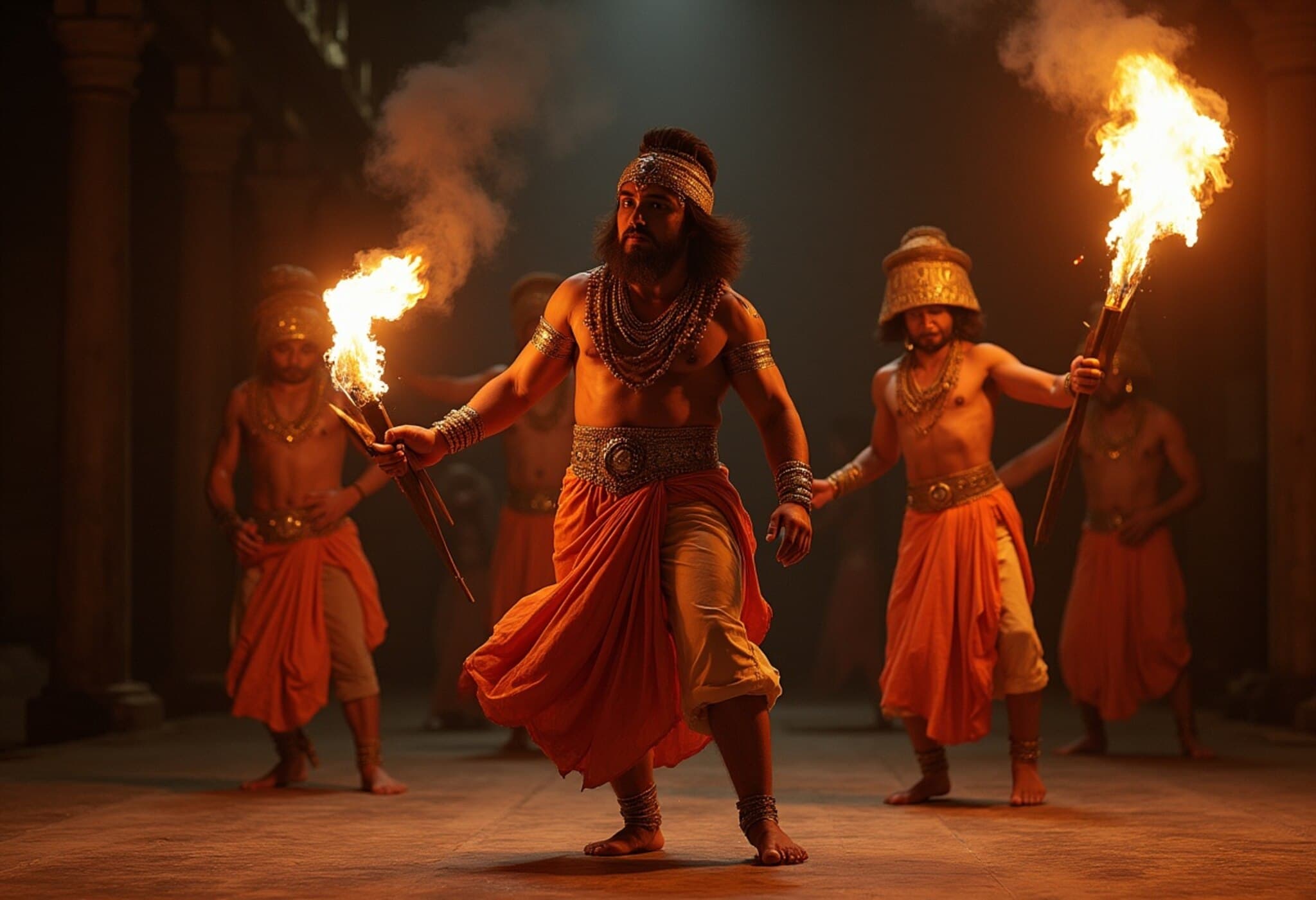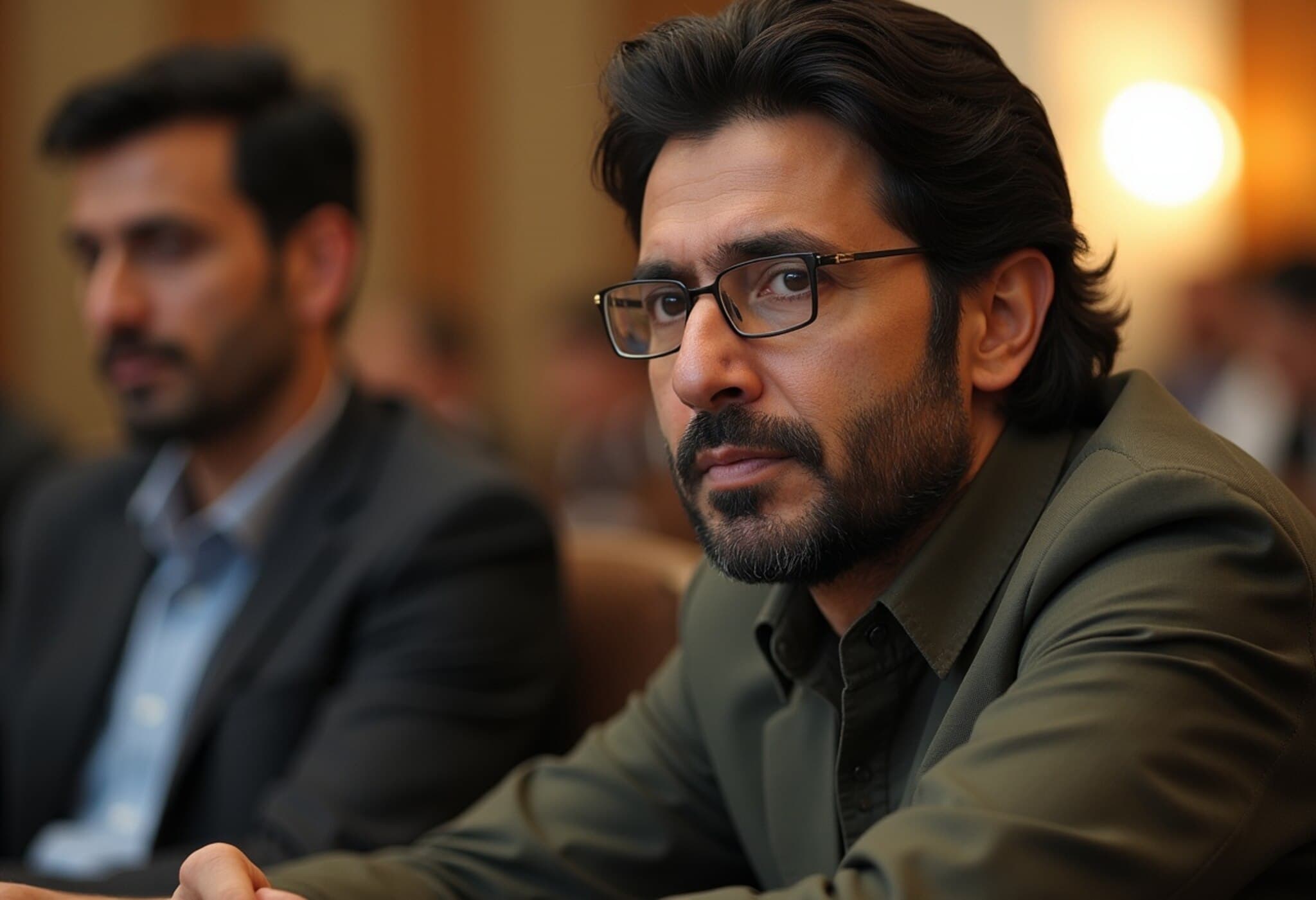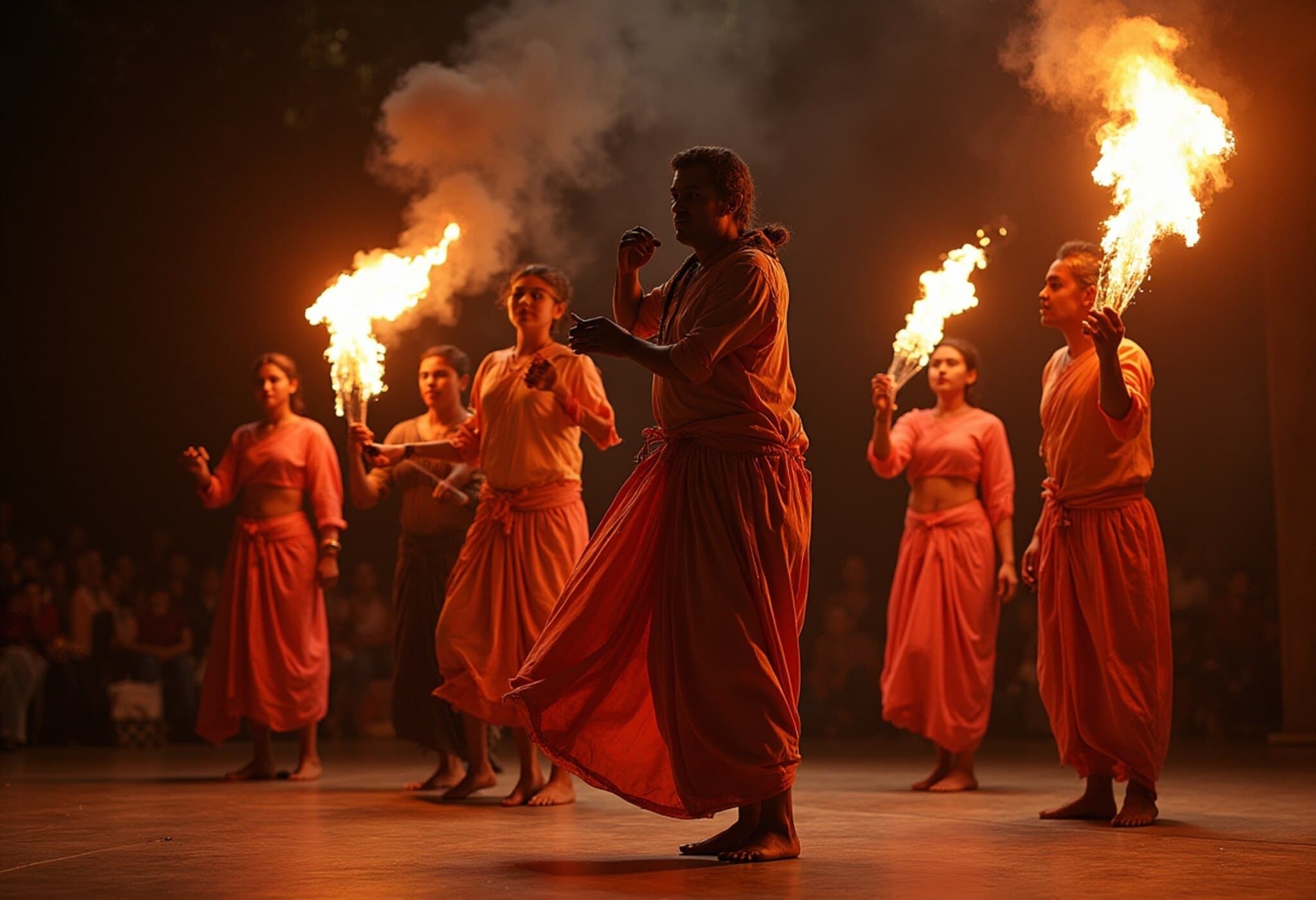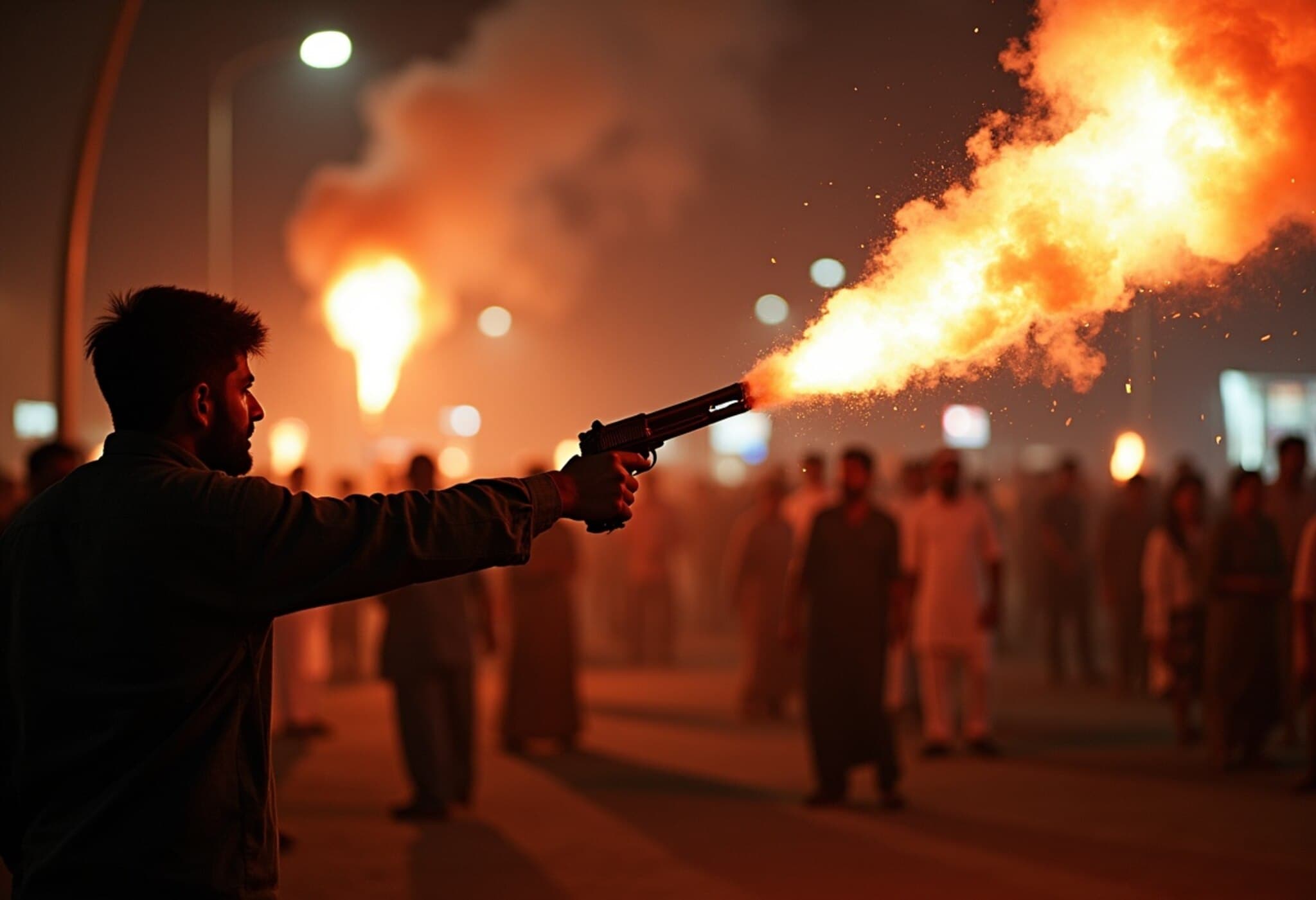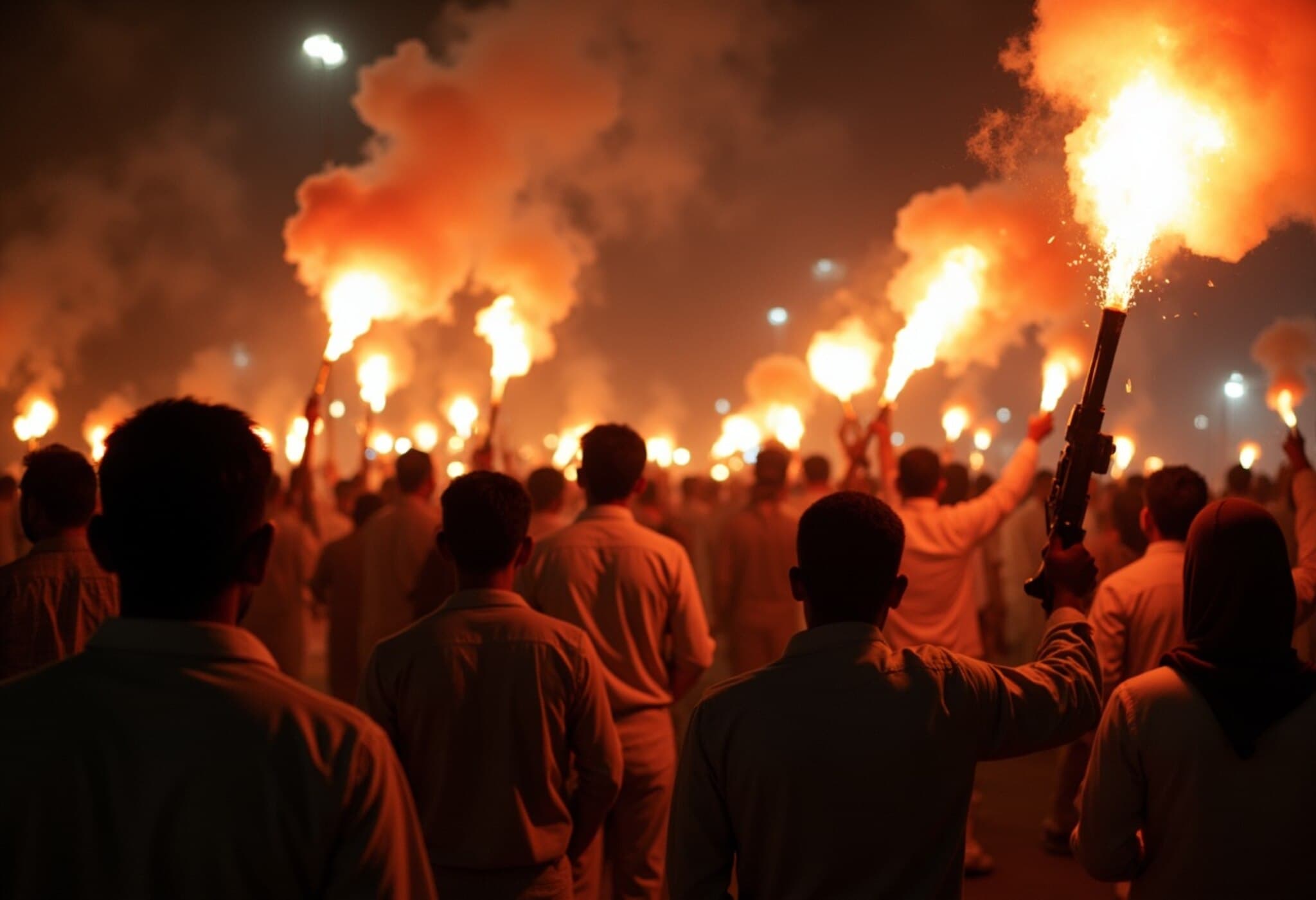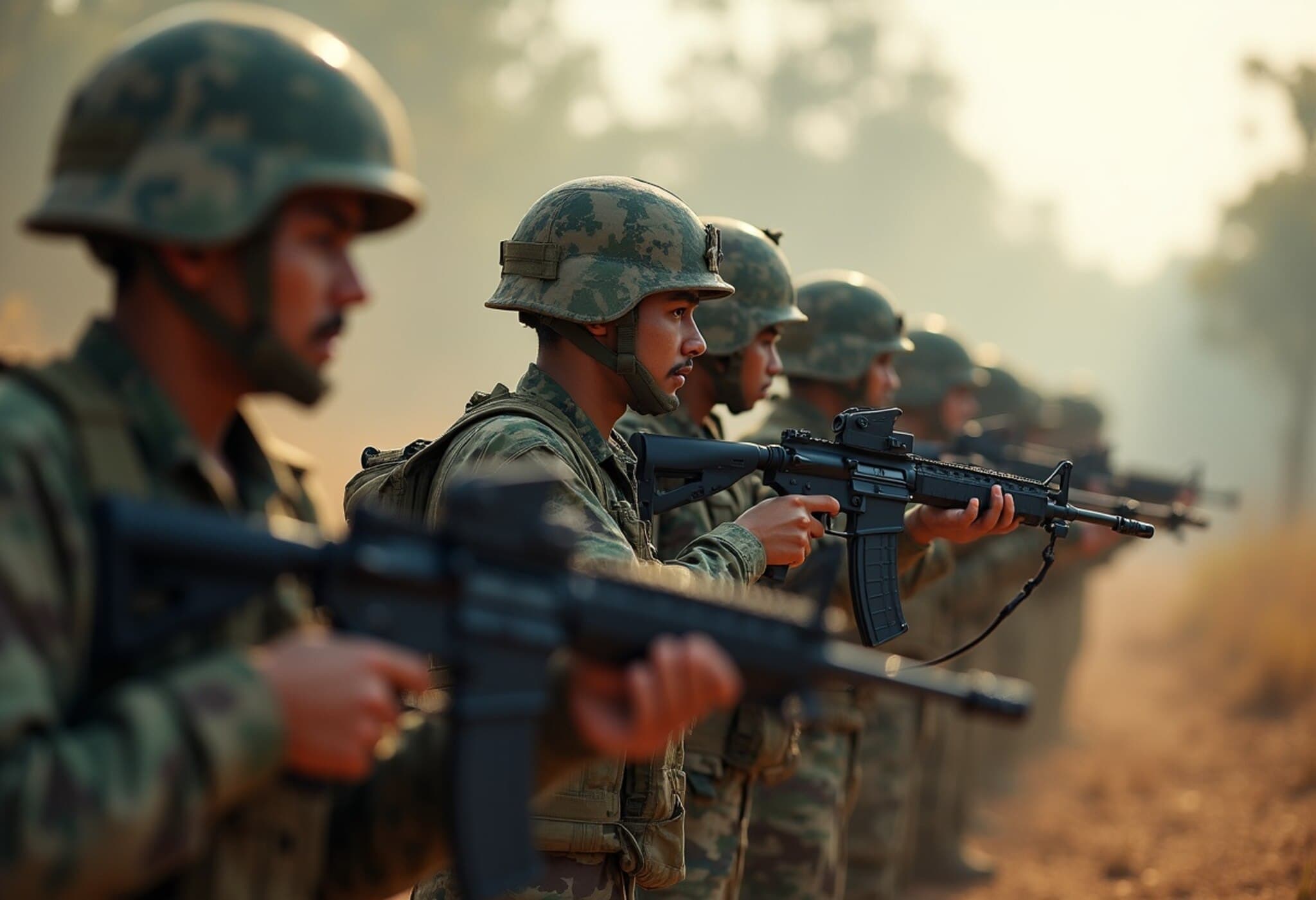Pakistani Drama Group Mauj Presents Captivating Ramayana Adaptation in Karachi
In a remarkable fusion of tradition and technology, the Pakistani theatre group Mauj has revitalized the ancient Hindu epic, the Ramayana, on stage at the Karachi Arts Council. This daring production not only celebrates a timeless narrative of good versus evil but also demonstrates the vibrant cultural pluralism and artistic innovation flourishing in Pakistan today.
Bringing an Ancient Epic to Life with Cutting-Edge Technology
Director Yoheshwar Karera helmed the project with an eye toward authenticity and modern theatrical flair. Notably, the group incorporated artificial intelligence-driven visual effects to elevate the storytelling, blending tradition with novel immersive experiences. Karera remarked, "Bringing Ramayana to life visually is a treat and a testament to the growing cultural openness and tolerance in Pakistani society, which often goes unacknowledged." Despite potential sensitivities around staging a Hindu epic in Pakistan, the production has been met with warmth and enthusiasm from both the public and critics alike.
Critical Acclaim for Authenticity and Artistic Excellence
Reviewers praised the play’s faithful narrative and compelling performances. Culture critic Omair Alavi highlighted the seamless integration of live music, expressive lighting, and vibrant costumes, all contributing to an "authentic storytelling experience that resonates with millions worldwide." The layered craftsmanship of the set design enhanced the epic’s mythical aura, transporting audiences across eras and cultures.
A Personal Touch: Actress Rana Kazmi as Sita
Producer and lead actress Rana Kazmi, who portrayed Sita, shared her excitement: "Presenting this ancient story in a way that engages contemporary audiences is a unique challenge and privilege. It reminds us that these narratives transcend boundaries and continue to inspire reflection on values that unite humanity." Her performance brought emotional depth and nuance to a character who embodies resilience and grace.
Why This Production Matters: Cultural and Regional Significance
Pakistan’s complex social tapestry often leads to underappreciation of its minority communities’ artistic expressions. This staging of the Ramayana offers an important bridge, fostering interfaith dialogue and challenging stereotypes about religious and cultural intolerance. Moreover, it underlines the power of theatre as a medium not just for entertainment but for social cohesion.
From a policy perspective, such artistic endeavors encourage cultural diplomacy within South Asia, a region marked by historical tensions. They open avenues for peaceful cultural exchanges, which can complement formal diplomatic efforts.
Future Directions: Innovation Meets Tradition
As AI and cutting-edge technologies increasingly influence performing arts globally, Mauj’s production sets a noteworthy precedent in Pakistan. It invites the local theatre community to explore innovative techniques while honoring the rich legacy of classical epics. This blending of past and future is likely to attract younger audiences, ensuring the preservation and evolution of cultural heritage.
Editor’s Note
This groundbreaking adaptation of the Ramayana in Karachi underscores a hopeful narrative amid a complex socio-political landscape. It raises important questions about the role of art in promoting tolerance and cross-cultural understanding. How can such initiatives be further supported to enrich Pakistan’s pluralistic fabric? And what lessons might other regions draw from this example in balancing heritage with innovation? As Mauj continues to push creative boundaries, their journey will be one to watch closely.

